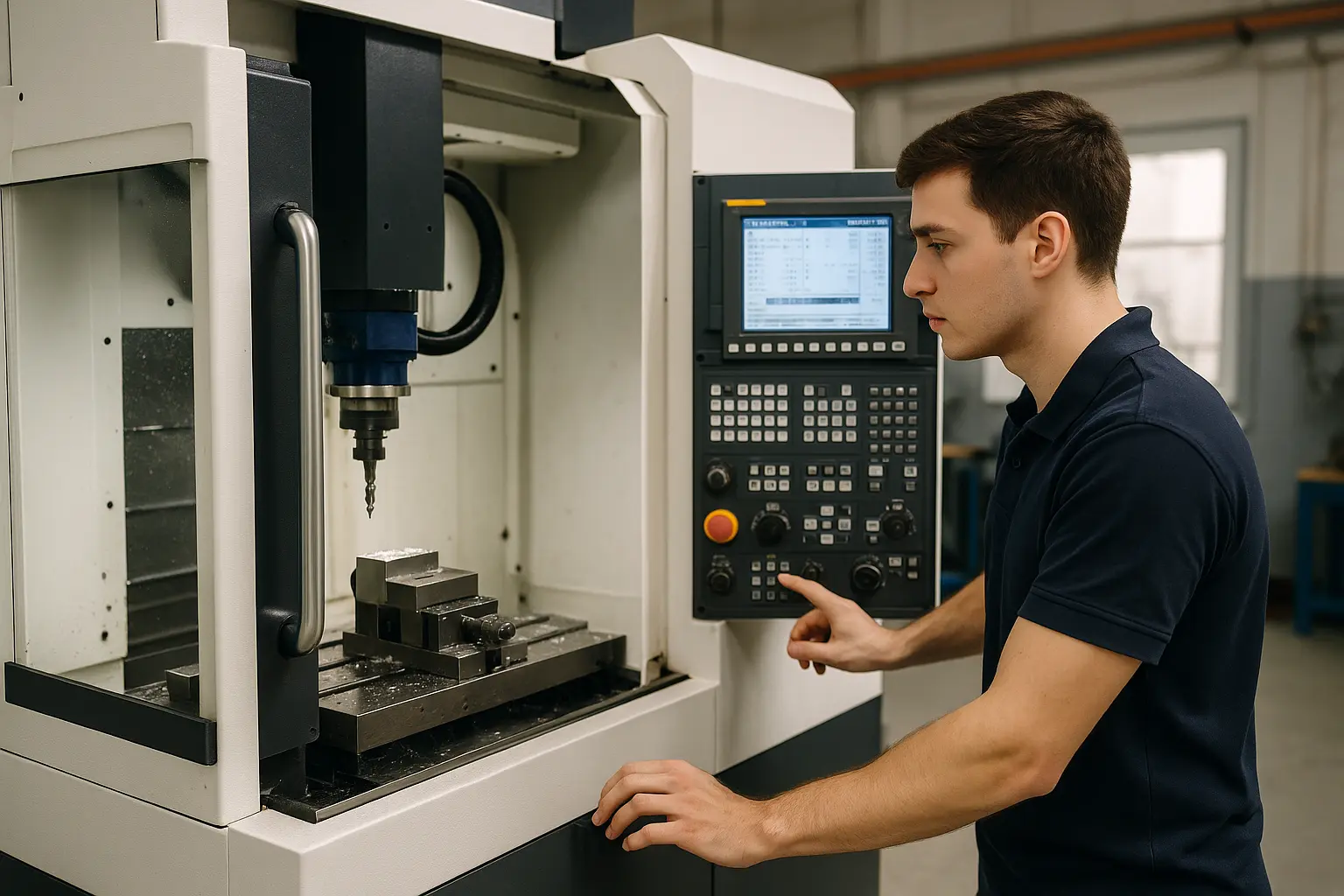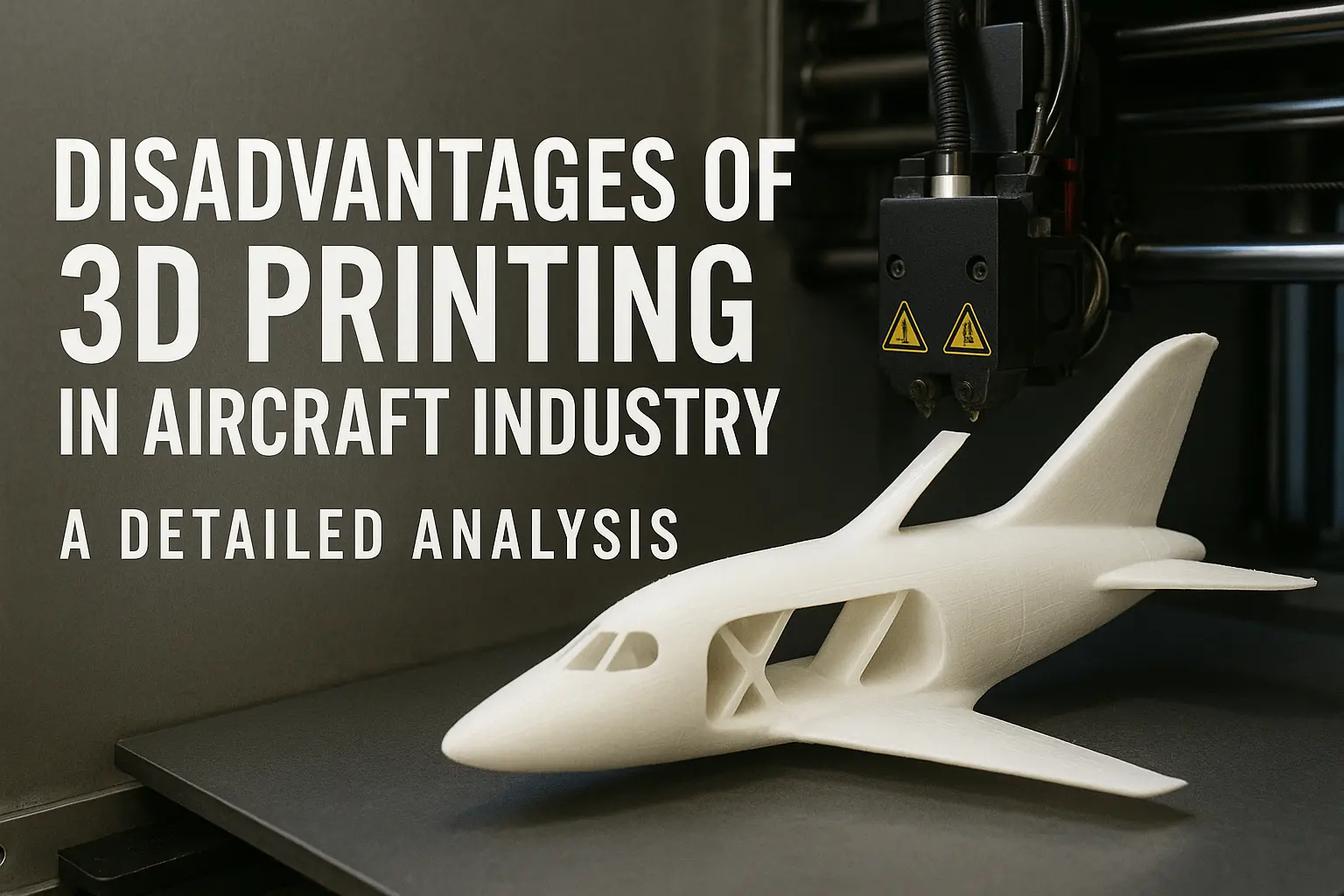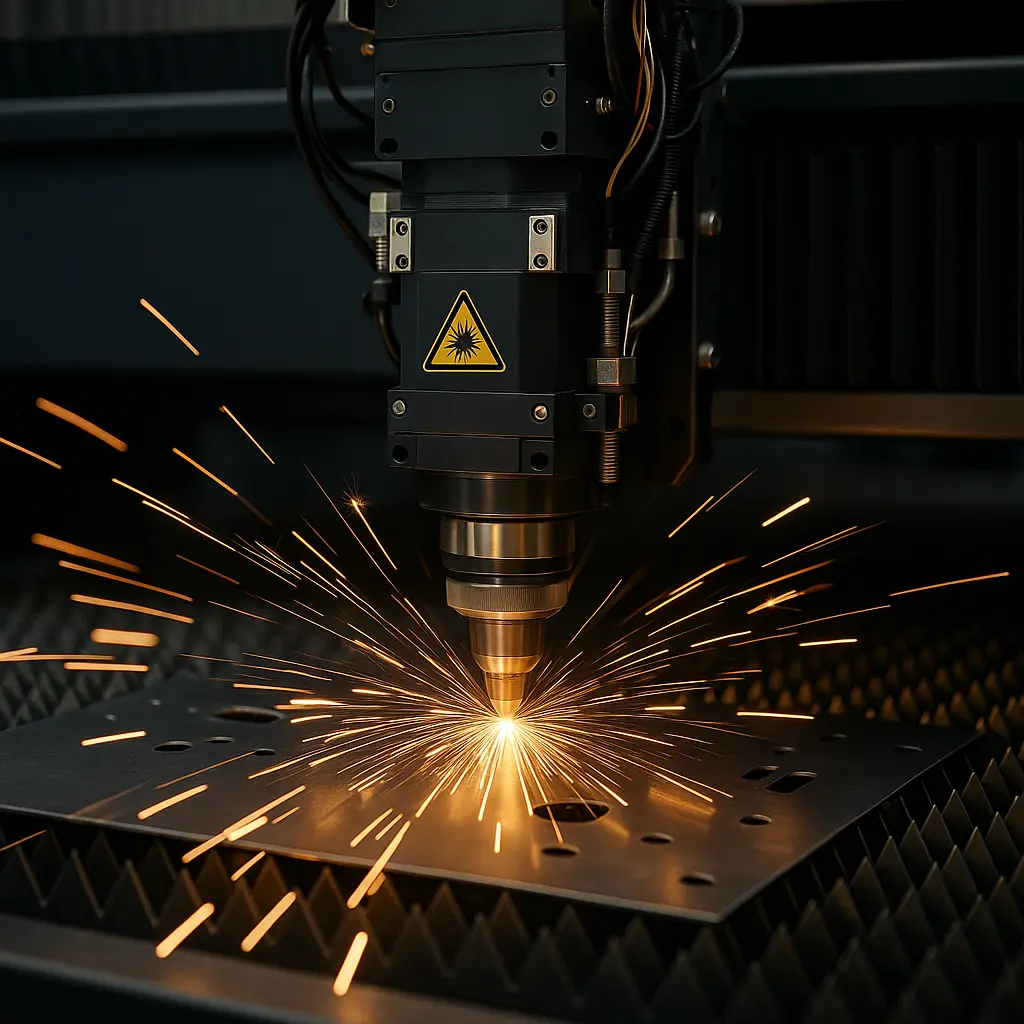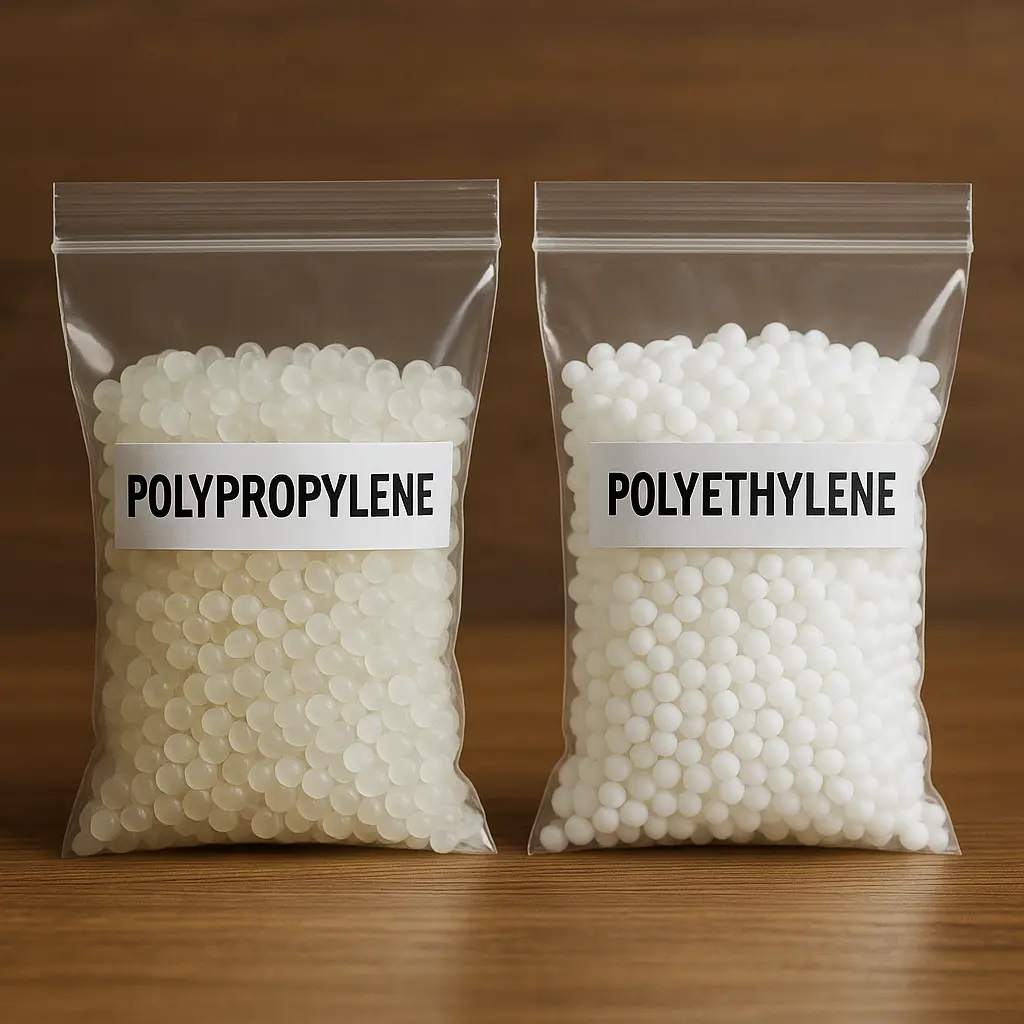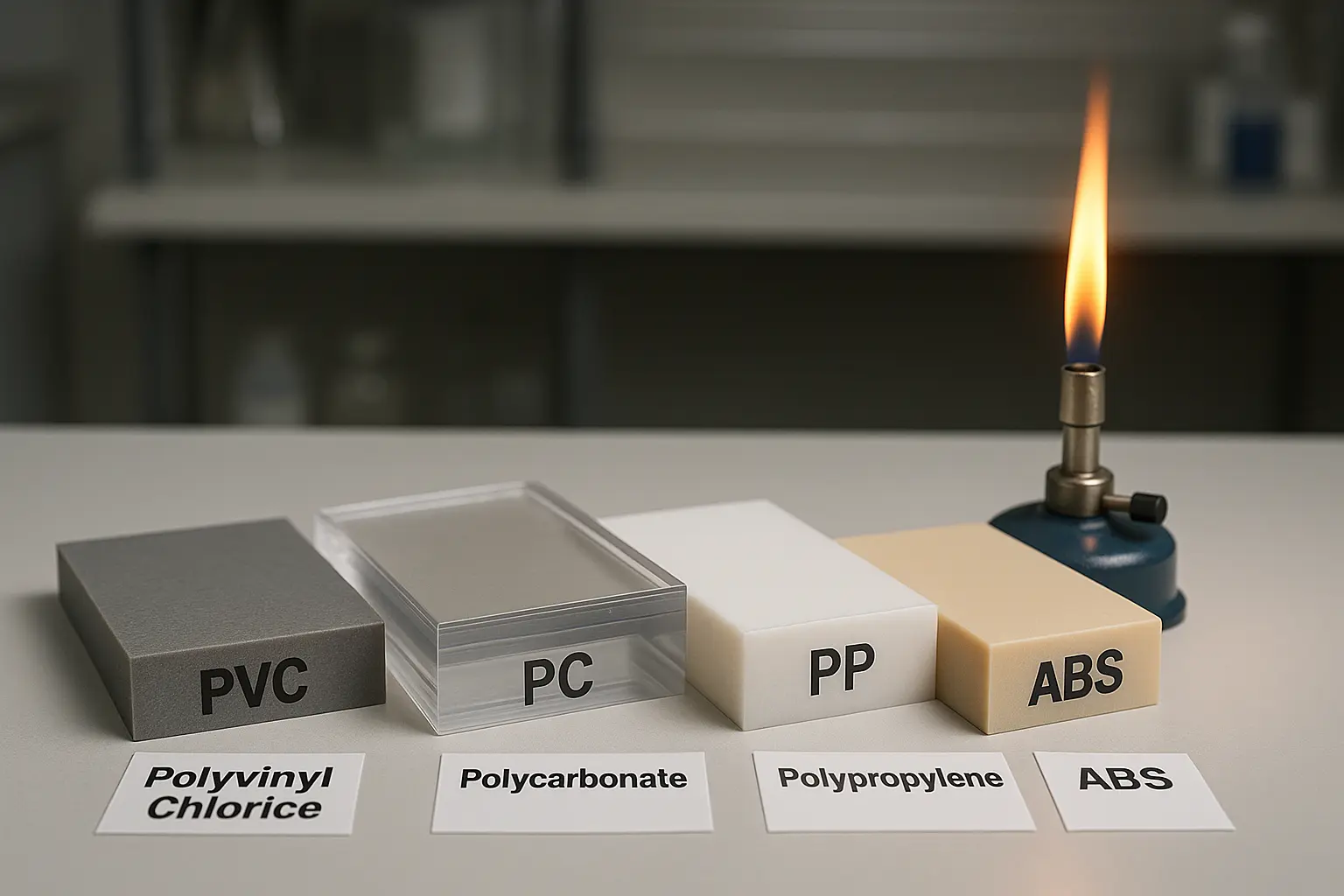Meta Description: Discover how medical CNC machining services deliver precision parts for healthcare, enhancing patient care, boosting reliability, and meeting strict industry standards.
Are you looking for ways to produce high-quality medical parts and devices with exact tolerances? If so, you might be facing the challenge of finding a dependable process that keeps your healthcare equipment safe and reliable. This is where medical CNC machining services can make all the difference. The short answer is that medical CNC machining services use advanced computer-controlled machines to shape metals and plastics into precise parts for healthcare. They help by:
- Reducing design errors.
- Improving accuracy.
- Accelerating production.
- Enhancing reliability.
- Meeting strict quality standards.
In this article, we’ll explore the core benefits of these services, show how a trusted medical CNC machining company operates, and highlight how this technology supports healthcare facilities worldwide.
Medical CNC Machining Services For Healthcare Manufacturing
The medical field demands parts that meet exact standards. From knee implants to custom surgical tools, every detail matters. Ensure consistency at large scales, helping hospitals, clinics, and patients benefit from safe and dependable equipment. This leads to better patient care and quicker recovery times.
The Rise of Precision CNC Machining
Tight regulations push manufacturers to improve. With computer-controlled lathes and mills, experts can produce parts with almost no deviation. This accuracy is vital for implants and instruments that must fit the human body perfectly.
Elevating CNC Machining for Medical Equipment
When the margin for error is tiny, standard processes can fall short. But by integrating real-time monitoring and high-quality tools, experts can create components that stand up to daily wear. Even complex shapes or micro-sized parts remain achievable.
The Value of Custom CNC Machining for Healthcare
Off-the-shelf solutions don’t always work in medicine. Each patient can have unique needs, from bone structure to organ size. Custom CNC machining for healthcare ensures doctors and patients receive parts designed just for them, boosting comfort and effectiveness.
How Medical CNC Machining Reduces Errors
Even the smallest imperfection in a medical device could cause problems. By relying on Medical CNC machining services, producers automate the cutting and shaping process, minimizing human mistakes. Machines follow digital blueprints to the letter, creating each component identically. This method also logs data throughout the production run. Operators can track deviations or tool wear in real-time, making adjustments before defects accumulate. This boosts consistency from the first part to the thousandth.
Info: CAD (Computer-Aided Design) files guide the machines. Every cut, angle, and surface measurement is pre-planned.
Importance of Materials and Finishes
Choosing the right material for each part is crucial. Stainless steel resists corrosion, titanium provides strength without excess weight, and medical-grade plastics can be both durable and sterile. Medical CNC machining services often involve multiple material options tailored to specific healthcare needs.
Surface finishes also matter. A poorly polished surface might encourage bacteria growth. A smooth, burr-free finish helps keep devices clean and safe. By selecting the correct finishing techniques—like polishing, passivation, or anodizing—manufacturers enhance longevity and hygiene.
Fact: Common materials include titanium (for implants), stainless steel (for tools), and specialized plastics like PEEK (for lightweight, biocompatible components).
Meeting Healthcare Regulations
Health agencies strictly oversee medical device production. Failing to comply with these regulations can lead to product recalls or legal troubles. That’s why Medical CNC machining services follow standard protocols such as ISO 13485 (for medical devices) or FDA guidelines in the United States. Proper documentation is key. Each batch of parts should come with detailed records of the process, materials used, and inspections conducted. This traceability means that if any issue arises, the source can be identified and resolved quickly.
Quick Tip: Always verify that your medical CNC machining company holds relevant certifications, which confirm adherence to industry rules.
Real-Life Applications
You may wonder how Medical CNC machining services play out in everyday scenarios. In reality, they underpin countless medical tools and solutions. Below is a short list of areas where precision matters most:
- Orthopedic implants: Artificial joints, rods, and screws that fit human bones.
- Dental tools: Drills, custom crowns, and braces for corrective purposes.
- Surgical instruments: Scalpels, forceps, and clamps designed for steady handling.
- Monitoring devices: Housing for pacemakers or external sensors.
- Customized patient aids: Prosthetics tailored to each individual’s shape.
Suggestion: Talk to doctors or device manufacturers before choosing materials. They can guide you on the right metals or plastics needed for each patient’s unique situation.
Step-by-Step Process
Below is a snapshot of how Medical CNC machining services typically run:
- Design Creation: Engineers craft a digital model using CAD software.
- CAM Setup: The design is translated into tool paths using CAM (Computer-Aided Manufacturing).
- Machine Configuration: Operators prepare the CNC mill or lathe, setting speeds and feeds.
- Manufacturing: The material is cut or shaped with minimal human interference.
- Inspection: Finished parts undergo quality checks, from visual inspections to dimensional verifications.
At each stage, real-time monitoring helps keep parts consistent. If the system detects tool wear or temperature spikes, it alerts the operator to intervene swiftly.
A Table Comparing Common Materials
When selecting which substance to use, weigh factors like strength, biocompatibility, and cost. Here’s a quick comparison:
| Material | Key Strengths | Common Uses | Cost Level |
|---|---|---|---|
| Titanium | Lightweight, biocompatible | Implants, dental posts | High |
| Stainless Steel | Corrosion-resistant, strong | Surgical tools, bone screws | Moderate |
| PEEK (Plastic) | Lightweight, flexible, durable | Spinal implants, joint replacements | High |
| Aluminum | Light, easy-to-machine | Equipment housings | Low |
Always ensure your chosen material aligns with medical-grade standards. Not every alloy or plastic is suitable for inside the human body.
Why Precision CNC Machining for Medical Devices Matters
Precision isn’t just a luxury in healthcare—it’s a necessity. A device fitting incorrectly could slow healing or cause injury. By using Precision CNC machining for medical devices, you reduce these risks. Each part consistently meets the exact measurements needed for safe patient interaction. Even if the differences are only visible under a microscope, that level of detail can decide patient outcomes. That’s why clinics, hospitals, and device makers rely on advanced machine processes.
CNC Machining for Medical Equipment Upgrades
Healthcare technology evolves fast. Machines used today might be replaced by more advanced versions in a few years. With CNC machining for medical equipment, manufacturers can update or modify existing devices rather than discard them entirely. This flexibility supports innovation while controlling waste and cost. You don’t need an entirely new machine if a few precisely crafted parts can bring the old model up to current standards.
Info: Think of a scanning device’s frame. As new sensors emerge, the housing can be re-machined or adapted to fit improved components.
Partnering with a Medical CNC Machining Company
Finding the right medical CNC machining company can feel overwhelming. Ideally, you want a firm with proven experience in producing parts for your specific field, whether that’s cardiology, orthopedics, or beyond. Ask for samples or references to confirm their track record. A dedicated team also matters. Skilled engineers and project managers make the difference between delays and a smooth production cycle. Strong communication ensures every detail is handled carefully.
Quick Tip: Look for shops offering multiple finishing options, inspection certifications, and advanced technology. This typically indicates they can handle complex tasks and adapt to your project needs.
Embracing Custom CNC Machining for Healthcare
The unique patient needs can’t always be met with generic tools. With custom CNC machining for healthcare, specialists design and produce parts that fit the contours or medical conditions of each individual. Personalized implants, surgical jigs, and rehab aids all emerge from precise machines guided by detailed patient data. Such customization not only improves comfort but also the success rate of medical procedures. Fewer complications and quicker recovery—these are the real benefits of one-of-a-kind solutions.
Fact: Doctors can take patient scans, convert them into CAD files, and use a CNC machine to craft the perfect match for a patient’s anatomy.
The Future of Medical CNC Machining Services
As technology advances, you’ll likely see more automation and smarter tools in CNC workshops. Real-time sensors, AI-driven optimization, and robotic arms can handle even finer tolerances. This means the next generation of Medical CNC machining services will produce parts faster, cheaper, and with more complexity than ever before. Though machines will keep improving, the core goal remains the same: creating safe, functional equipment that helps medical professionals deliver the highest level of care.
Suggestion: Keep an eye on additive manufacturing trends (3D printing) to see how they complement CNC processes. Hybrid solutions might soon become the norm for complex medical components.
Conclusion
When it comes to healthcare, precision can’t be an afterthought. Medical CNC machining services provide the reliability, accuracy, and customization options that hospitals and clinics need. By adopting advanced machining techniques, manufacturers deliver implants, instruments, and machines that make real differences in patient outcomes.
Ultimately, Medical CNC machining services save lives by ensuring each tool is made to the most rigorous standards. From implants that fit like a glove to updated diagnostic machines, quality machining lies at the heart of modern healthcare. If your mission is to help people heal faster and live healthier, these services offer a direct path to that goal.
FAQs
How do I ensure a CNC machining provider meets medical standards?
Check for ISO 13485 certification, FDA registration (if applicable), and references from past healthcare clients.
Is titanium always the best material for implants?
Not necessarily. Titanium is great for strength and biocompatibility, but stainless steel or PEEK might be better for specific situations.
Can CNC machining handle very small parts for surgical tools?
Yes. Advanced machines can cut micro-sized components with high precision, ideal for delicate instruments.



